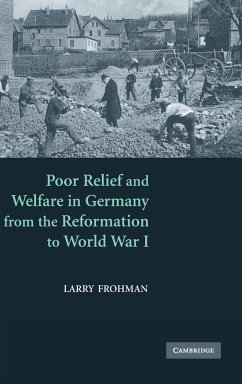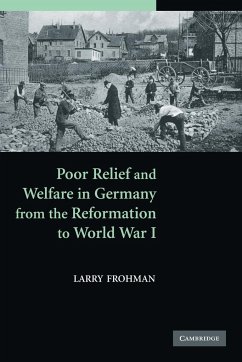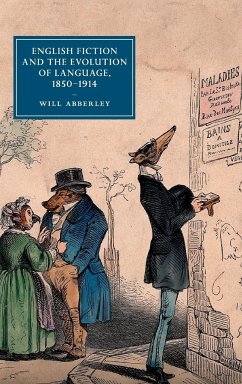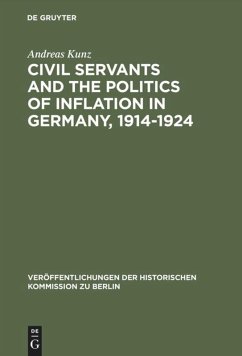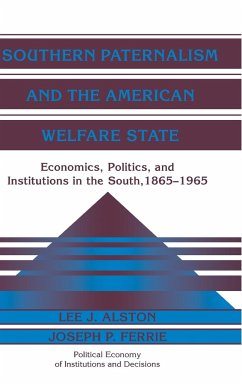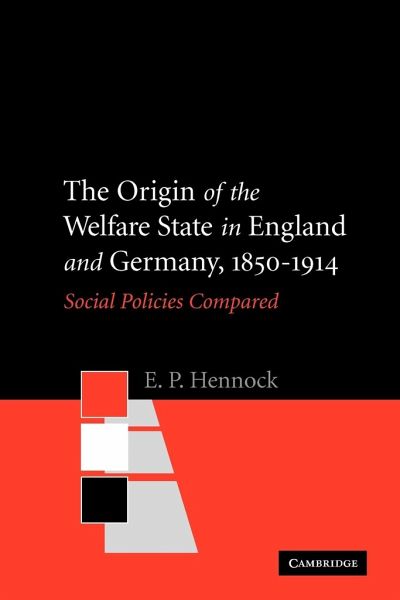
The Origin of the Welfare State in England and Germany, 1850-1914
Social Policies Compared

PAYBACK Punkte
24 °P sammeln!
A comparative study of the origin of the welfare state in England and Germany, from 1850 to 1914. It presents original conclusions about the differences between British and German approaches. Peter Hennock analyses policies on social security and the public provision of medical care, dealing with public poor relief, industrial injury, with sickness, invalidity and old age, and with unemployment. In each case policies in Britain and in the German Empire are compared for their actual provisions, their consequences and the politics that produced them. He demonstrates that national insurance has p...
A comparative study of the origin of the welfare state in England and Germany, from 1850 to 1914. It presents original conclusions about the differences between British and German approaches. Peter Hennock analyses policies on social security and the public provision of medical care, dealing with public poor relief, industrial injury, with sickness, invalidity and old age, and with unemployment. In each case policies in Britain and in the German Empire are compared for their actual provisions, their consequences and the politics that produced them. He demonstrates that national insurance has played a larger role in Germany than in Britain from the beginning, as it still does today, and that decisions taken before 1914 are crucial to the long-term differences between the welfare state in the two countries. The book will appeal to students and scholars of British and European political history, social history and social policy.





